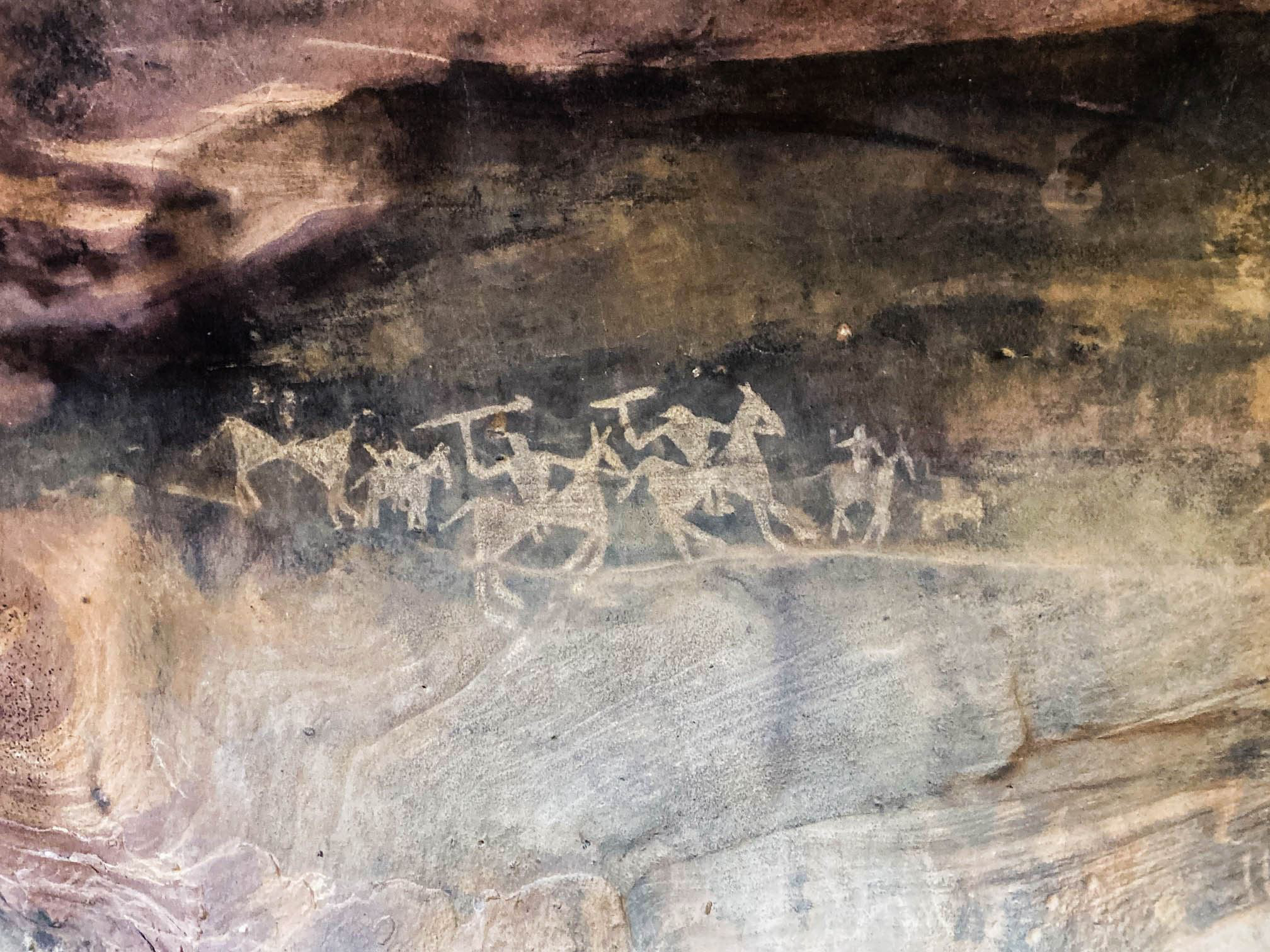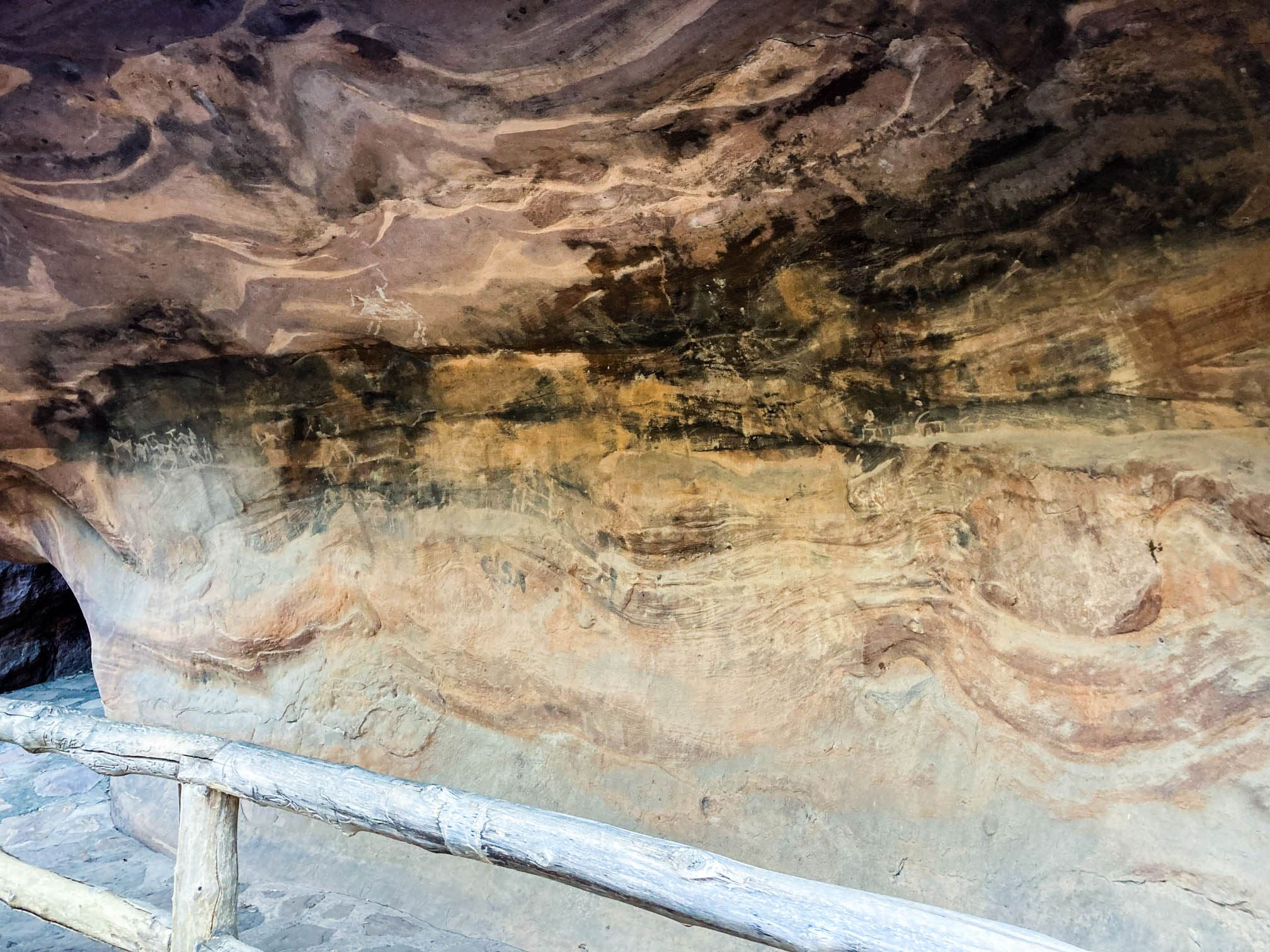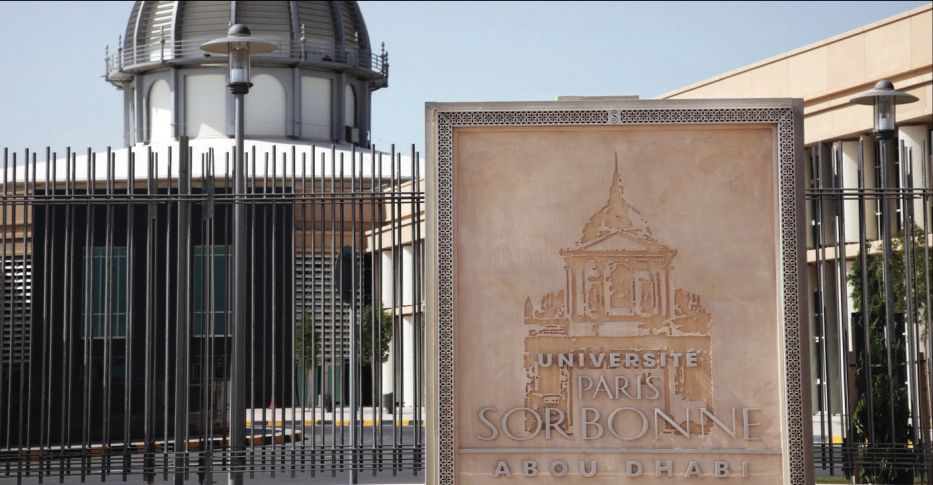Preserving Bhimbhetka Rock Shelters

The Archaeological Survey of India (ASI), under the Ministry of Culture, is the premier organization for the archaeological research and protection of the cultural heritage of the nation. Maintenance of ancient monuments and archaeological sites and remains of national importance is the prime concern of the ASI.
They have over 3693 monuments under their supervision and have been actively looking for solutions to digitize and archive these historical monuments.
One of the sites chosen for the initial Pilot was Bhimbhetka Rock shelters an archaeological site in central India that spans the Paleolithic and Mesolithic periods, as well as the historic period. It exhibits the earliest traces of human life in India and evidence of the Stone Age starting at the site in Acheulian times. The Bhimbetka Rock Shelter has the oldest-known rock art in India, as well as is one of the largest prehistoric complexes to be seen. Cave paintings date back approximately 30,000 years.
Challenge
Being a prehistoric site and the condition of paintings are fading and deteriorating over time with adverse weather conditions and human intervention. ASI is doing its best to preserve the site but they were also looking for a solution to digitize and archive the site and ensure it is available to future generations. Introduced to ASI by The Indian Ambassador to Norway Dr. B.Bala Bhasker, Piql along with their plugin digitization partners from Slovakia Studio 727 presented a solution to scan, digitize and archive the site.
Solution
Piql along with its partner sent a team to digitize Bhimbhetka and it took over a week to scan the main areas of the 600 acre site. The processed data which has 3D Images, VR, Photographs, Videos, Geo Data points and other details will now be preserved on piqlFilm, a secure and long lasting offline storage medium and will be physically stored in the Arctic World Archive, an offline data vault that ensures the most sensitive and irreplaceable data is protected for the future, located deep inside a mountain on the arctic island of Svalbard, Norway. This vault is one of the safest locations in the world for storing data as it is built to endure the test of time, safe from natural and man-made disasters.
Data stored here can last for centuries with guaranteed future accessibility. Ensuring that the valuable data stored is safely carried on into the distant future for the benefit of future generations.
The Bhimbhetka Rock shelter complex consists of some 700 shelters and is one of the largest repositories of prehistoric art in India. The shelters were designated a UNESCO World Heritage site in 2003. The paintings, which display great vitality and narrative skill, are categorized into different prehistoric periods. The oldest is dated to the Late Paleolithic Period (Old Stone Age) and consists of large linear representations of rhinoceroses and bears. Paintings from Mesolithic (Middle Stone Age) times are smaller and portray, in addition to animals, human activities. Drawings from the Chalcolithic Period (early Bronze Age) showcase the early humans’ conceptions of agriculture. Finally, the decorative paintings dating to The caves provide a rare glimpse at a sequence of cultural development from early nomadic hunter-gatherers to settled cultivators to expressions of spirituality.
The 3D models, pictures, and videos of the site will offer a great insight to the future generations and will be a very rich resource for research of millions of years of history and tracking the evolution of man over thousands of years.



